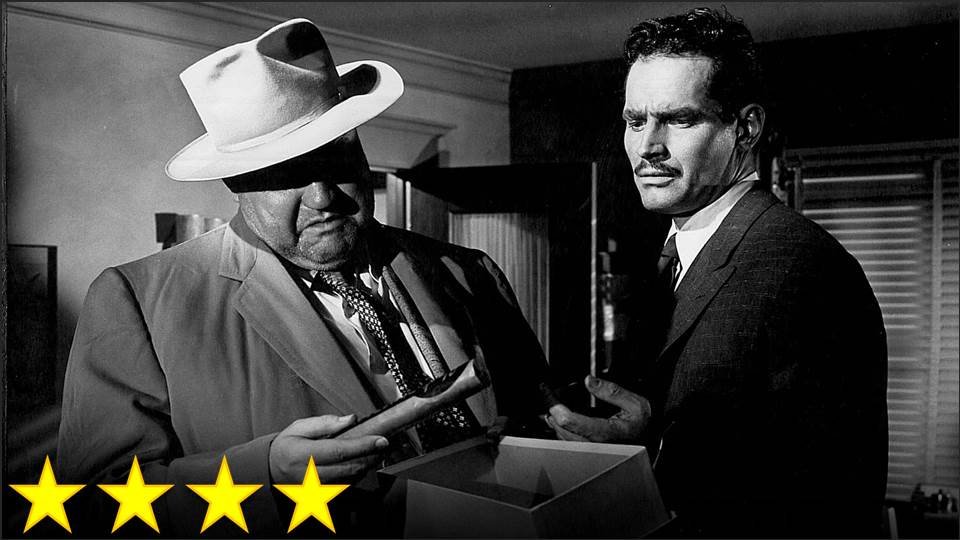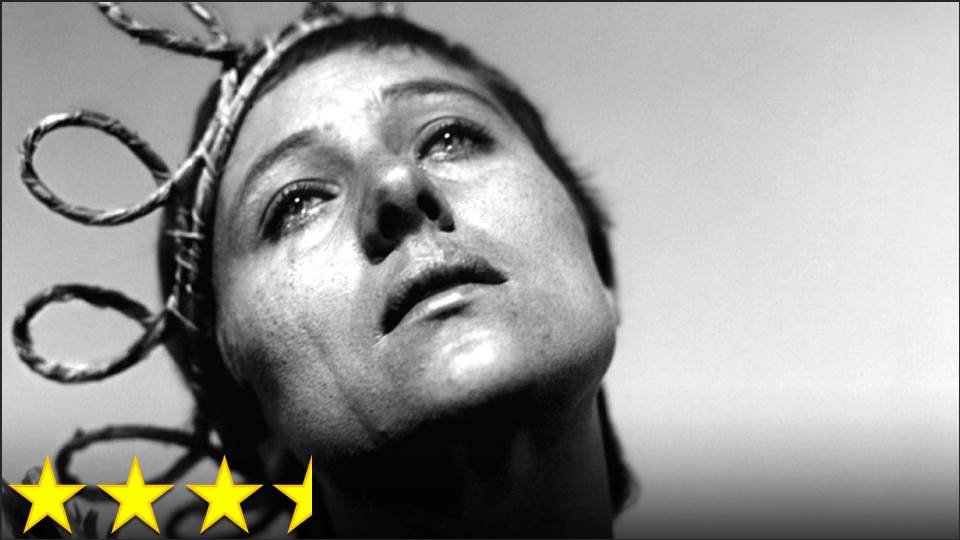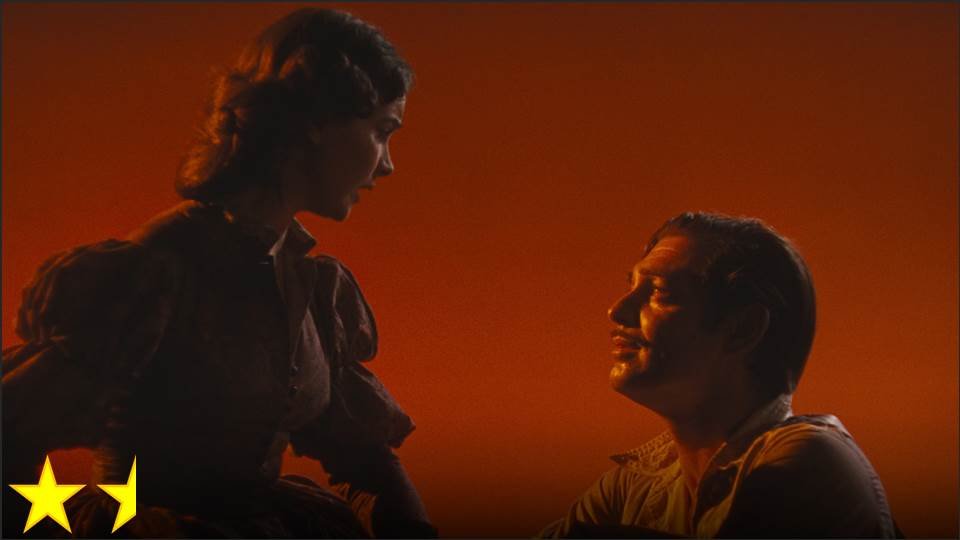Very often for these reviews, I like to take the general critical consensus of a film’s worth into account for the star rating. I usually don’t let what the professional critics have to say influence the body of my review very much, but for the number of stars, it’s nearly always a factor. This is because I want the star rating to serve as at least one of the following: an objective, logical analysis that reduces the influence of the specific emotional context of my viewing of the film and just focuses on quality; the extent to which I recommend the film to others; a “protest vote” to counter the views of the other reviewers; a bold statement to bait its viewers to read the article that goes with it. Sometimes I go for somewhere in the middle of all four, but I usually use the reviews of the other critics to help my more objective ratings by rounding them up to a higher number of stars when I’m stuck in a dilemma. For this film, I’m definitely rounding up due to critical consensus – I just can’t figure out what my own feelings are about the film, but I can’t think of anything wrong with it either.
I have no issue with the protagonist, apart from the fact that the casting is comically bizarre, and most of the other characters are fine by me as well. Welles’ character in the film is obviously a delight, and his handiwork as a director is as much of a big, eye-catching performance as his acting is. The lighting is wonderful, making for excellent “noir” visuals, and the way that some of these scenes are shot is exceptionally impressive. The choice for the music is particularly interesting because its very fun for a drama from this time period, including a lot of classic (then-contemporary) rock ‘n’ roll, making for some unique juxtaposition. The film has a few truly great scenes throughout, and the climax is just perfect. As much as I like the story of Welles’ character, it really feels like there isn’t a whole lot of story in the film – at least not for the first half. It can feel kind of slow and boring at times, leaving me wondering why I’m supposed to be interested, but these moments are balanced out with moments that are shocking, dazzling, or otherwise intriguing, making for a very fascinating piece of work in the end. If Touch of Evil is the last film noir, as many historians say it is, it’s nice to see the genre went out with a bang.





